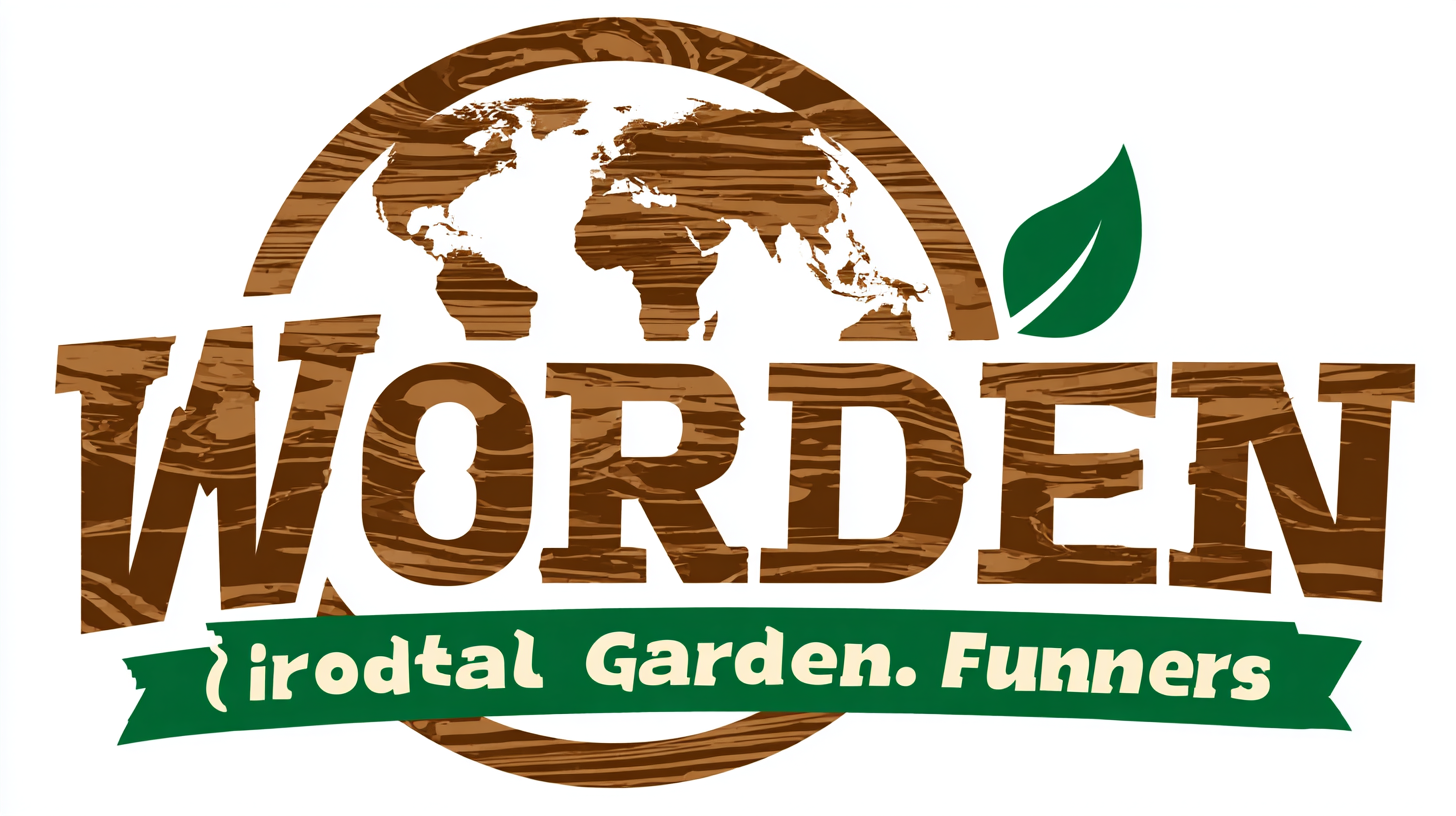Navigating Global Standards for Best Wooden Garden Furniture Import and Export Compliance Guide
In today's interconnected world, the market for Wooden Garden Furniture continues to expand across borders, presenting immense opportunities for importers and exporters alike.
However, navigating the complex landscape of global standards and compliance regulations can be daunting for businesses looking to thrive in this competitive sector.
This guide is designed to provide a comprehensive checklist to ensure that your Wooden Garden Furniture meets the necessary regulatory requirements, from sourcing sustainable materials to adhering to safety and quality standards.
By understanding and implementing these guidelines, businesses can not only avoid potential pitfalls but also enhance their reputation and increase customer trust in their products.
Join us as we explore the essential steps to successful import and export practices in the Wooden Garden Furniture industry.
How to Identify Quality Suppliers for Wooden Garden Furniture
When it comes to sourcing high-quality wooden garden furniture, identifying reliable suppliers is crucial for ensuring compliance with global standards. According to a recent report by the International Wood Products Association, the global market for wooden outdoor furniture is expected to reach $22 billion by 2025, highlighting the increasing demand and competition in this sector. To stand out, importers must prioritize quality, sustainability, and compliance with international industry standards.
Tip: Always request certifications such as Forest Stewardship Council (FSC) or Programme for the Endorsement of Forest Certification (PEFC) from potential suppliers. These certifications indicate that the timber is sourced responsibly, supporting sustainable forestry practices.
Another factor to consider is the supplier's track record. Look for companies with experience in exporting and adhering to the specific regulations of your target market. According to a study published by Statista, nearly 40% of unsuccessful import ventures are attributed to non-compliance with local regulations. Engaging with suppliers who have a proven history of compliance can mitigate risks significantly.
Tip: Conduct regular audits and onsite visits when possible. This can aid in assessing not only the quality of the materials used but also the ethical practices of the supplier.
Key Global Standards for Importing and Exporting Wooden Furniture
When importing and exporting wooden garden furniture, understanding key global standards is essential for ensuring compliance and maintaining market competitiveness. According to the International Organization for Standardization (ISO), approximately 30% of furniture imports face compliance issues due to varying regulations across countries. The most pertinent standards involve the use of sustainable materials, as the demand for eco-friendly products continues to rise, evidenced by a report from the Ellen MacArthur Foundation indicating that 70% of consumers prefer brands committed to sustainability.

In addition to sustainability standards, businesses must also navigate regulations related to wood treatment and pest management. The International Plant Protection Convention (IPPC) mandates that wooden products must be treated to prevent the introduction of pests, with an estimated 20% of global shipments undergoing inspection for these criteria, leading to delays. Adhering to these standards not only mitigates the risk of fines but also enhances the brand reputation in an increasingly environmentally conscious market. Staying informed about these global standards is crucial for any business looking to thrive in the international wooden furniture trade.
Understanding Compliance Regulations for Sustainable Timber Use
As global awareness of sustainability increases, understanding compliance regulations for sustainable timber use has become paramount for businesses involved in the import and export of wooden garden furniture. According to the International Trade Centre, the global market for wooden furniture is projected to surpass $100 billion by 2025, making regulatory compliance a critical factor for success. It is essential for companies to navigate various international standards, such as the Forest Stewardship Council (FSC) certification, to ensure that timber sources are responsibly managed and traceable. Compliance with these regulations not only mitigates the risk of legal repercussions but also enhances brand reputation among environmentally conscious consumers.
The European Union Timber Regulation (EUTR) and the Lacey Act in the United States impose strict penalties on non-compliance, with fines reaching up to $500,000 for companies found importing illegally sourced timber. In fact, a report by the European Commission highlighted that approximately 30% of timber imports into the EU are illegal. This alarming statistic underscores the importance of due diligence in supply chains. Companies must implement rigorous tracking systems to confirm their timber is sourced from sustainably managed forests, thereby ensuring their operations align with global sustainability goals and market demands.

Best Practices for Evaluating Supplier Credentials and Certifications
When engaging in the import and export of wooden garden furniture, ensuring compliance with global standards starts with thoroughly evaluating supplier credentials and certifications. A robust supplier assessment begins with verifying authenticity. Requesting and reviewing copies of essential documents, such as ISO certifications or compliance with local regulations, can help establish whether a supplier meets industry benchmarks. This not only guarantees product quality but also protects your business from potential disruptions due to non-compliance issues.
Additionally, it’s imperative to delve into the supplier's track record. Evaluating feedback from previous clients and inspecting any provided references can offer insights into their reliability and service quality. Beyond certifications, inquire about their sustainability practices, including sourcing policies and materials used. A supplier committed to responsible forestry practices not only aids in compliance with global standards but also enhances the marketability of your products. By prioritizing thorough credential validation and supplier transparency, businesses can navigate the complexities of the wooden garden furniture trade more effectively.
Navigating Global Standards for Best Wooden Garden Furniture Import and Export Compliance
Navigating Trade Agreements and Tariffs in the Garden Furniture Market
In the competitive landscape of the garden furniture market, understanding trade agreements and tariffs is crucial for businesses looking to import and export wooden furniture. Different regions impose unique regulations, often influenced by local production capabilities and economic policies. For instance, countries within the European Union benefit from lower tariffs among member states, fostering smoother trade flows. Conversely, businesses outside these agreements may face higher costs and more complex customs procedures, which can significantly impact pricing strategies and profit margins.
Navigating these trade agreements requires diligent research and strategic planning. Companies must stay informed about tariffs that affect their raw materials and finished products to maintain a competitive edge. Engaging with trade associations and utilizing resources from government trade agencies can provide valuable insights into shifts in policy that may affect market dynamics. Furthermore, cultivating relationships with suppliers and logistics partners in key markets can help businesses adapt quickly to changes, ensuring compliance while optimizing their supply chain for efficiency and cost-effectiveness. Understanding these factors can be the difference between thriving in the global marketplace and merely surviving.

Home
About Us
Products
Engineering Case
Buyer Service
News
Blog
Contact Us




